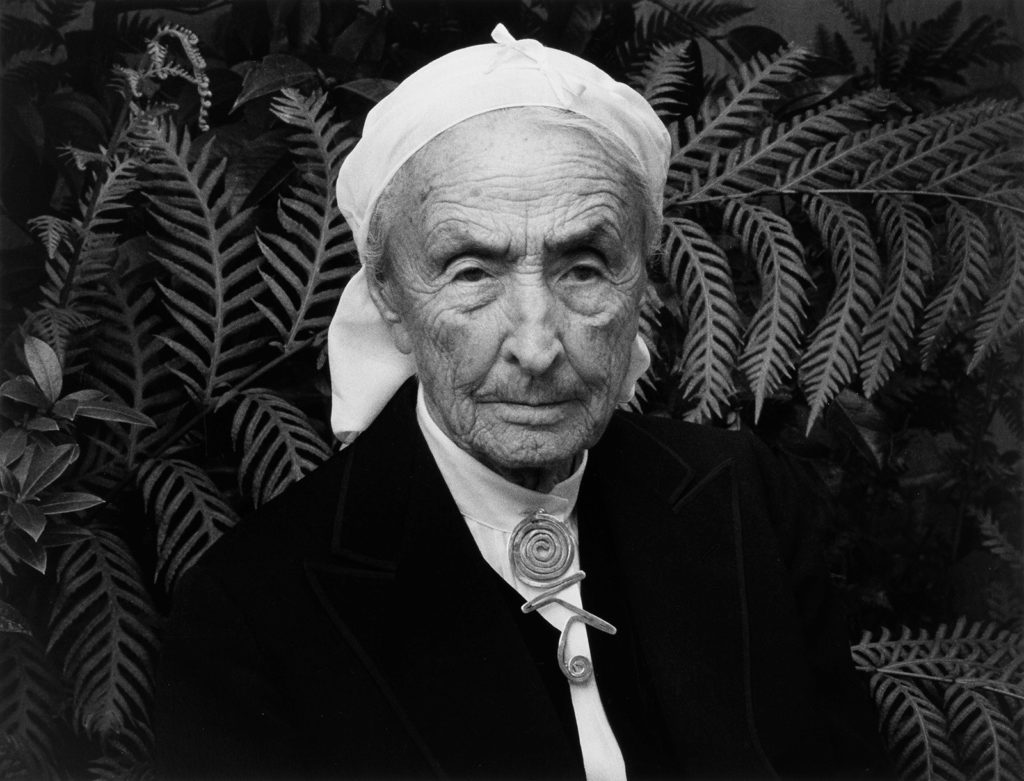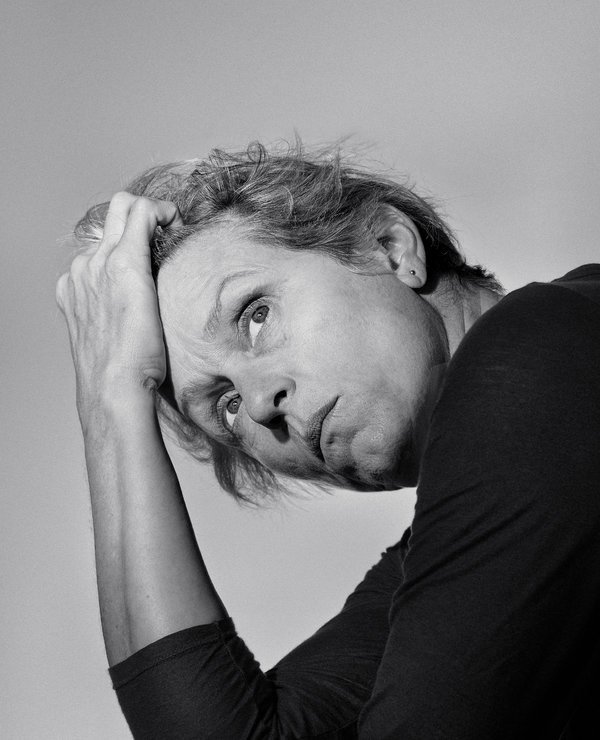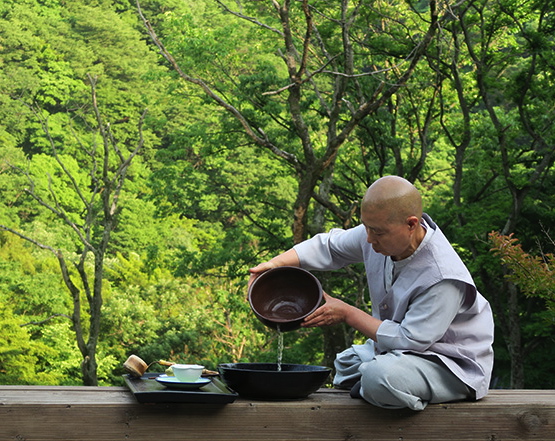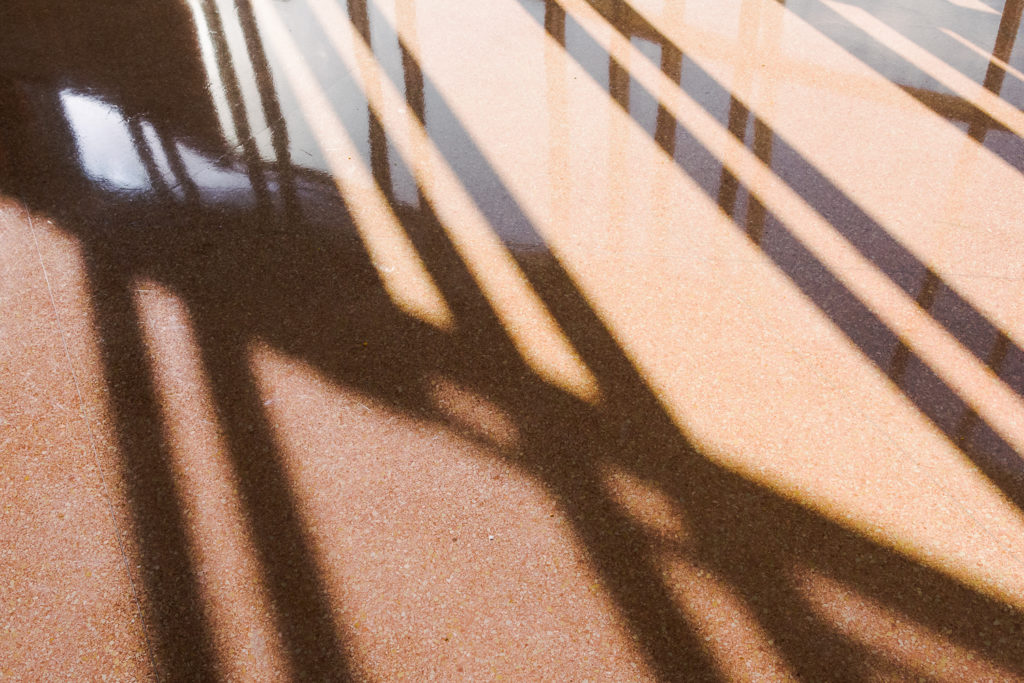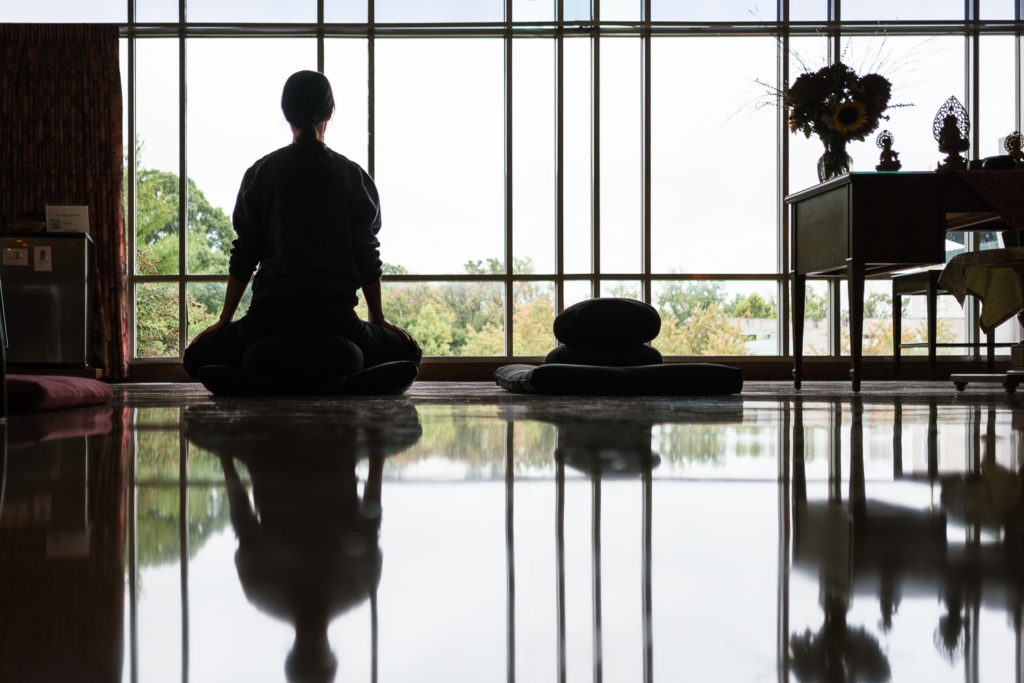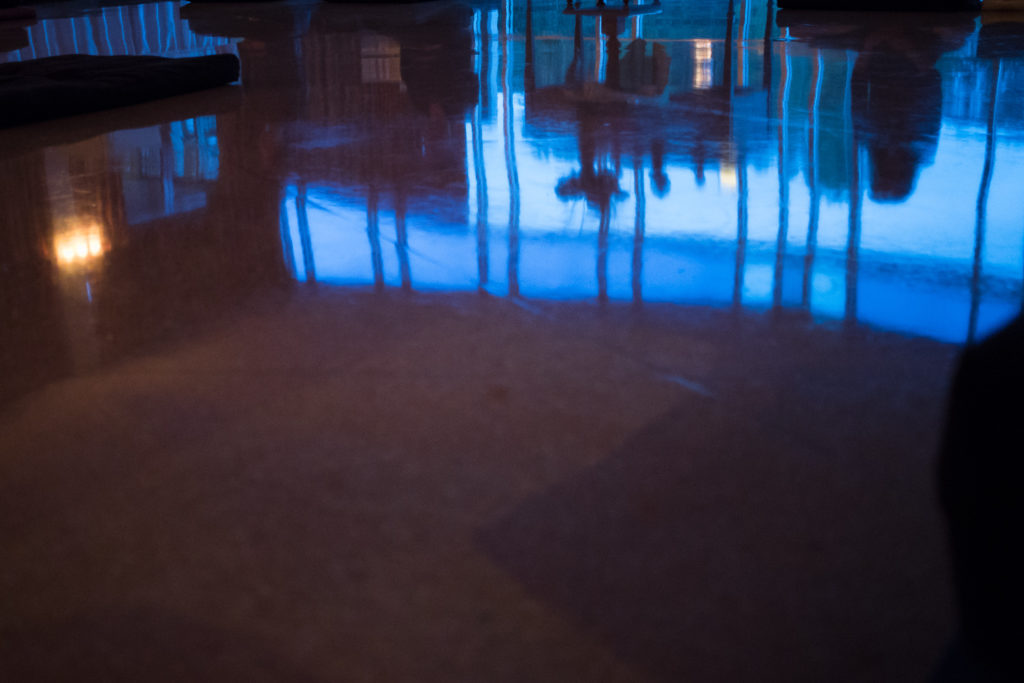I hesitated before I wrote that title because there is no such thing as “last” or even “first,” but there is a short list commonly known as Buddha’s final teaching before he died, and so I am sharing it here and now.
Words attributed to Buddha are the basis of much industry, interpretation, and enterprise. Buddha’s teachings were entirely spoken and conveyed for hundreds of years by word of mouth until the first written records were made. This is just the way it is and in one sense it works just fine. Sure, words are subject to erroneous understanding by deluded people, but with a bit of practice and a flicker of clarity, you can look at a modern quotation, especially a popular one, and know instantly that Buddha never said any such thing.
And this is precisely what his instructions foretold. There’s a good chance you guys are going to get this all wrong.
“Last words” are interesting in another way. When you’re present at someone’s death, you don’t know when the final moment will come, or what the critical utterance will be. Sometime later you reflect on what happened last and then decide for yourself what it means. Before her death, my mother told me, “Be yourself and take good care of your family.” She lived for several days after I heard that, and she may have said more that I didn’t hear or recall. But the words I retained were useful for me — simple and straightforward — carrying with them a mother’s hope that I wouldn’t complicate things quite so much.
That’s the spirit with which I see Buddha’s last instructions. A human being, surrounded by devotees and dependents, with a final chance to bring peace and ease to a population crazed with fear and grief. I have simplified these from a scholarly translation, but in a nutshell, this is what Buddha tells you to do here and now:
1. Want little — Suffer less.
2. Be satisfied — Enough is enough.
3. Avoid crowds — Be alone and quiet.
4. Keep going — Don’t turn back.
5. Pay attention — Guard your mind.
6. Meditate — Or you are lost.
7. See for yourself — Cultivate wisdom.
8. Don’t talk about it — Do it.
“Now, all of you be quiet and do not speak. Time is passing and I am going to cross over. This is my last admonition to you.”
***
Based on “Eight Awakenings of Great Beings” by Dogen Zenji. From Enlightenment Unfolds: The Essential Teachings of Zen Master Dogen, edited by Kazuaki Tanahashi.
Get Maezen’s writing delivered to your inbox.
Subscribe to my newsletter • Come to a retreat • Friend me • Follow me.



